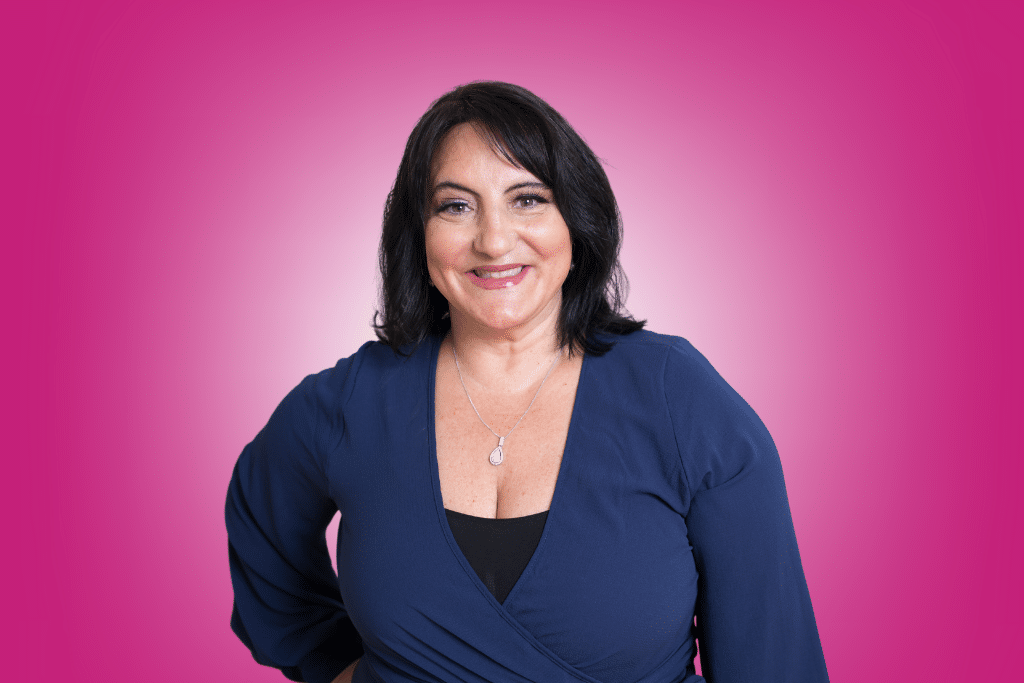Parenting plays a vital role in calming a kid's brain. But nowadays, many stressors badly affect children's mental health as they are more prone to stress and anxiety. That's why we must create a safe space and a nurturing environment for our kids and help them develop coping mechanisms.
We must discuss how we could calm our kid's brains, and today, we'll be learning about some hacks to help you in your parenting journey.
What is it like when you have a child who is dysregulated?
It's not easy to deal with a child who is dysregulated. Sometimes, when parents get overwhelmed, dysregulation causes a strain on the parent's relationship with their children. It can even affect children's relationships with others, like their teachers and family members.
When a child's brain is not regulated, you're going to see a variety of behaviors. But ultimately, when your child doesn't hear you correctly, they are irritated. Making them do tasks requiring higher-level executive functioning skills will be quite challenging when your child's brain is dysregulated because these require critical thinking. These behaviors are big red flags indicating that their brain is dysregulated.
So, not knowing what to do only adds fuel to the fire. I've been there as a parent, so I understand what it's like. To avoid worsening things for you and your entire family, I want you to start being proactive instead of reactive.
What are overstimulated vs. under-stimulated behaviors?
When a kid is in a stressful situation, they tend to exhibit irritability, anxiety, and difficulty focusing as there is too much sensory input to handle. On the other hand, when there's not enough sensory input, your kid is likely to show a lack of motivation, inattentiveness, and boredom.
These overstimulated and understimulated behaviors negatively affect your kid's mental health. The good thing is that parents can provide support by helping their kids find a balance between overstimulation and under-stimulation.
The first thing nobody ever wants to do is put their oxygen mask on.
I always talk about my dyslexic kid with a great emotional core. Honestly, that took a lot of work. But, he had many open discussions about it and got appropriate treatment. That's why early intervention is essential.
But the first thing nobody ever wants to do is put on their oxygen mask. Things may get a little too frustrating sometimes, and I'm sure all parents have been there. You've got to calm yourself because the more you regulate yourself, the easier it will be.
Our children co-regulate with us. We have to meet kids where they're at. So, for example, if they're angry and having tantrums or sudden outbursts, don't respond with anger because you're just going to clash with them.
Another important hack is to pick one behavior that drives everything and work on it. I talk a lot about this in my BrainBehaviorResetTM Program, wherein we have an executive functioning toolkit where we map it all out. Of course, you're not going to be able to fix everything by focusing on a single behavior, but you've got to stop the friction, and we've got to help our kids calm their brains.
We've seen the toolkit's effectiveness, especially for most kids with inferior coping skills experiencing dysregulation. They don't know how to manage and tolerate uncomfortable sensations when they don't get what they want. So, what we must do is to keep reinforcing our desired behaviors.
Calm Brain Parenting Hacks
Sleep is vital. In my book It's Gonna Be Ok, I included the importance of sleep in our system. Most people get cranky when they don't get enough sleep.
We also must prioritize our physical health because it is closely interconnected with our mental health. For example, regular exercise has been shown to boost our mood and reduce symptoms of mental health issues like anxiety and depression.
Magnesium is an excellent mineral with many benefits for our brains. It supports our mental health and our overall well-being. It helps us calm the nervous system and reduce anxiety and tension. It has also been found to improve sleep quality significantly.
Remember that change is always possible regardless of what's going on. You can visit our Facebook page (https://drroseann.com/group) if you're looking for resources.
No matter where you are in your journey, we have resources to help you:
Links and Resources:
➡️ Join our FREE Natural Parenting Community to receive science-backed resources for your child and family. Join here.
➡️ Get help from Dr. Roseann and her team. Apply here.
➡️ “Is it ADHD or something else?” Take the quiz.








